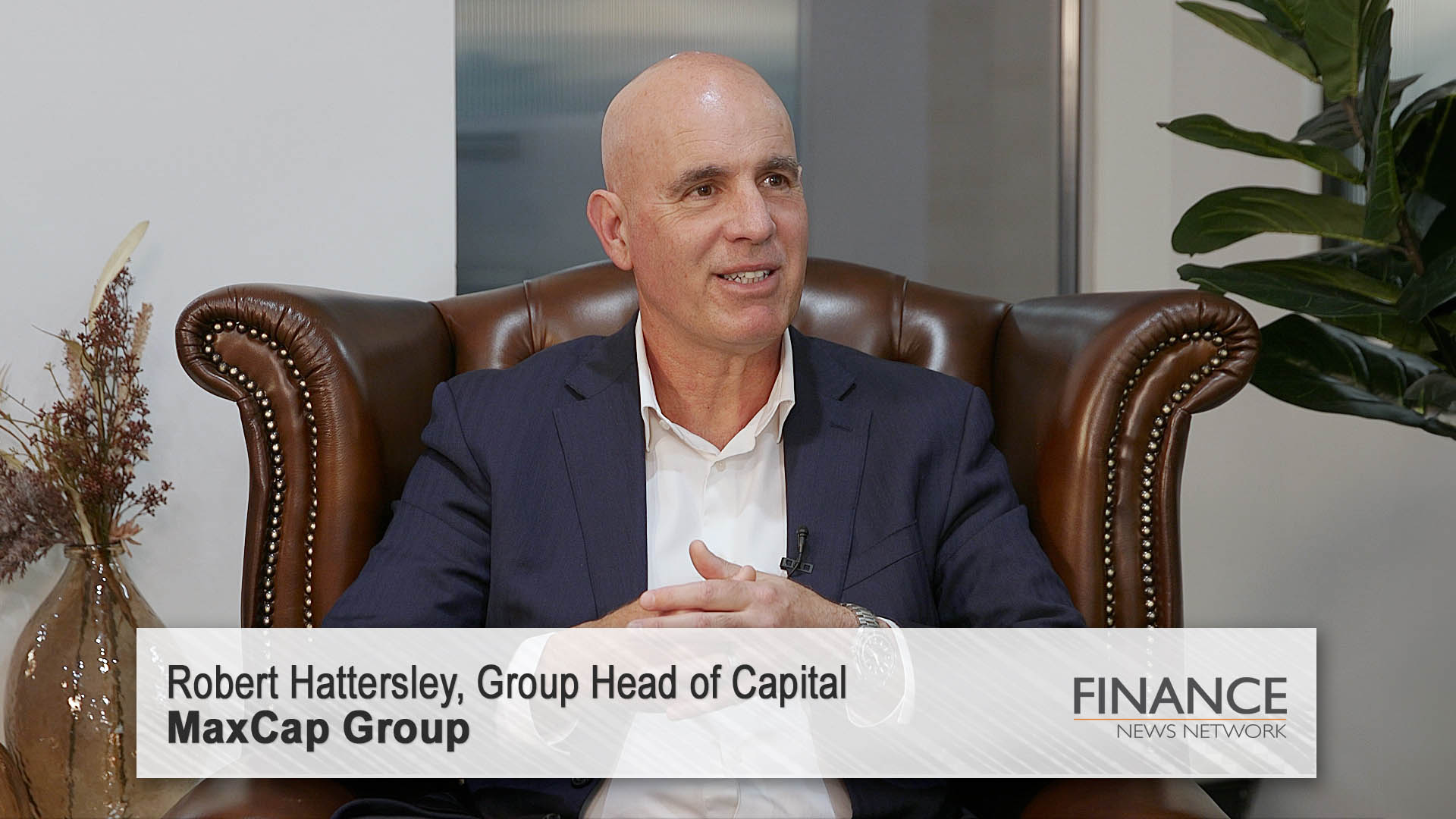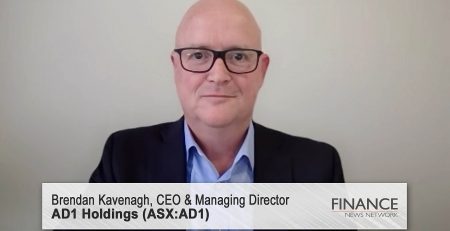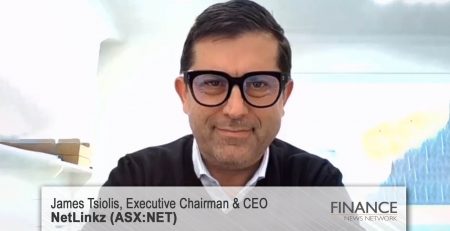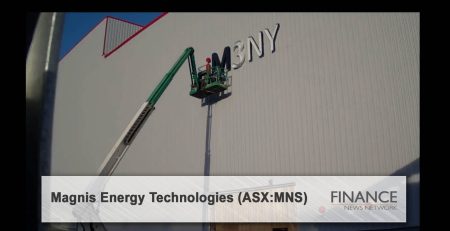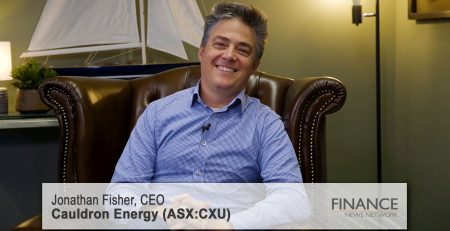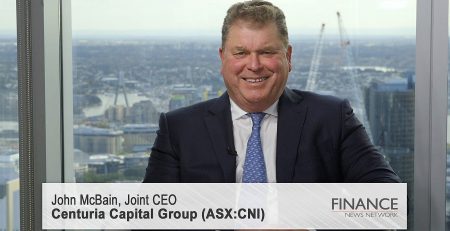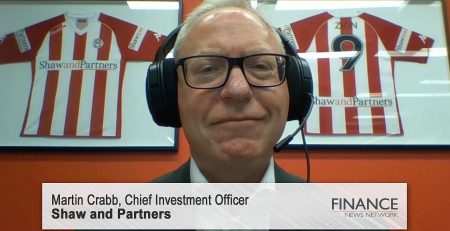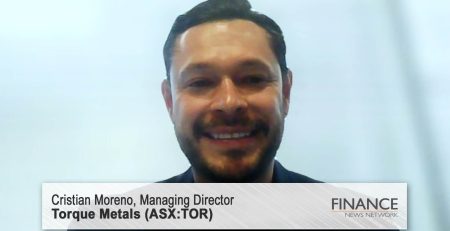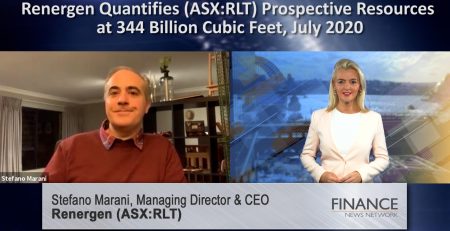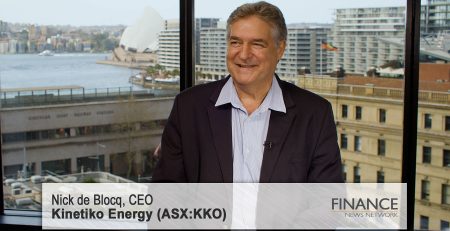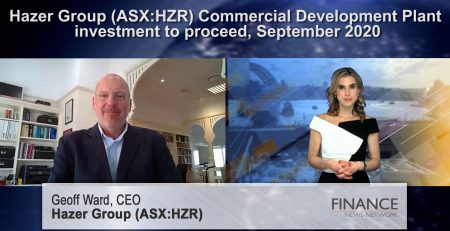Investing in commercial real estate debt: A discussion with MaxCap Group’s Rob Hattersley
Rob Hattersley, Group Head of Capital at MaxCap Group, provides an overview of the company, discussing the funding gap in the Australian credit market, managing risk, the tailwinds for commercial real estate debt, and opportunities within the residential and logistics property markets.
Peter Milios: I'm Peter Milios from the Finance News Network, and today we are joined by Rob Hattersley, the Group Head of Capital, MaxCap Group, which is Australia's leading commercial real estate investment specialist. Rob, thank you for joining us.
Robert Hattersley: Thanks for having me, Peter.
Peter Milios: Rob, first up, can you just give us an introduction to MaxCap?
Robert Hattersley: Sure. So, MaxCap has been around for about 18 years now as a commercial real estate debt non-bank lender specialising in the Australian market. We've currently got around $7bn in funds under management. We've invested over $19bn over our 18-year history. We're a private business. We're 50 per cent-owned by our founders and we're 50 per cent-owned by Apollo Global, who are one of the largest PE credit businesses based out of the US. Our business is large in the context of the non-banks here in Australia, a very sophisticated institutionalised business. We've got around 100 staff, 30 of whom are origination specialists based on the ground in the markets that we operate. We have offices in Sydney, Melbourne, Brisbane, Perth and Auckland. Those origination specialists are critical to ensuring that our clients see the best deals in market. 70 per cent of those individuals in origination come from the top four banks. So, they've got great experience and great relationships in market. And we also have a very strong risk and governance culture within the business. So, the business is growing. We have a mixture of private and institutional investors, some of the biggest institutions here in Australia and in other parts of the world, including our partner, Apollo Global, who've invested over a billion dollars with the business in the markets that we deploy. So, really good business in a market that's growing rapidly.
Peter Milios: And, Rob, how does the commercial real estate debt work?
Robert Hattersley: So, commercial real estate debt is basically a fixed income instrument that's backed by the real estate that you're lending against. It's relatively low-risk, stable returns. And when we're dealing predominantly with first mortgage investments, you are typically the last money in and the first money out. You have significant headroom to any value correction that might occur in the assets that you're investing in, and you get a fixed return over the cash rate. So, generally speaking, it's a very stable, safe form of investing to achieve an attractive risk-adjusted return.
Peter Milios: And, Rob, credit investors obviously have more of a buffer than equity investors.
Robert Hattersley: Correct.
Peter Milios: Why is this important?
Robert Hattersley: Well, it's certainly important in times where markets are moving and changing. We've seen in the real estate space, ex the living sector, some fairly significant pressures on office buildings, as an example, or shopping centres. And if you're the debt against those assets, you have significant headroom over your loan-to-value ratio. We typically lend in first mortgage at around a 65 per cent loan-to-value ratio. So, you've got around 35 per cent headroom to account for any adjustment that might occur in the valuation of those assets through the cycle. So it's quite protected in terms of valuation or pricing adjustments.
Peter Milios: And why invest in commercial real estate debt?
Robert Hattersley: Well, I just think that, as a sector, it's particularly attractive at this point in time because the top four banks in Australia that have had a fairly dominant position within our landscape over a long period of time are being impacted by regulation. That's creating a funding gap in the Australian market that's allowing the better, more sophisticated non-banks to play in increasingly high-quality lending. For the capital that's investing in that space, they're getting very attractive risk-adjusted returns for relatively low risk. So, it's a growing space in Australia. If you look at what's played out in other major mature and deep markets around the world, like North America and Europe, the non-banks are a very large and meaningful part of their lending landscape. In Australia, our non-banks are still relatively small, but growing rapidly, and the opportunity is significant.
Peter Milios: And how has the challenging market affected MaxCap Group?
Robert Hattersley: Look, the group's growing. It's growing on the tailwinds for commercial real estate debt and credit more broadly. You may read that the Australian superannuation funds, the global pension funds, sovereign funds, etc, are increasing their allocation to credit. That's particularly relevant in an environment where we have an aging population and people are moving from capital accumulation to income phase, and real estate credit fits in very well with that change. So, the business is good. We're very conscious to ensure that we're positioned and responding to risks in markets. So we have a strong culture around risk management, governance, etc, but the business is really good.
Peter Milios: So, you touched on risks. How does the group manage risks more broadly?
Robert Hattersley: Well, we have, as I said, a strong focus on risk and corporate governance. We have a great relationship with our partner, Apollo Global, who see things play out in the very deep markets in North America at scale. We get some early reads on things. We're able to tap into the strength and depth of their platform and business as it relates to risk management. We also are very focused on ensuring that we resource ourselves to be able to assess risk in our business. That includes having quantity surveyors, valuers, risk specialists in the business who play an integral role in our investment process and our investment committee process. So we're very aware of risk and very risk-conscious in terms of how we deploy.
Peter Milios: So, in the unlisted market, the regulators are pushing for increased transparency and regulation.
Robert Hattersley: Yes.
Peter Milios: What's your view on this?
Robert Hattersley: Look, as a business, we would welcome transparency. I think one of the things you see as markets often open up when there are strong tailwinds is you get a lot of new entrants into markets. This business has been around for a long time. It's institutionally backed, both in its co-owner through Apollo, but also the capital that invests with us through the major super funds in Australia, overseas, and sovereign funds as well. So, we would encourage the impact of increased transparency because the businesses that are set up of the right quality and structure have nothing to fear from that.
Peter Milios: And, you know, MaxCap has been around for a while, but what are the favourable sectors that MaxCap targets?
Robert Hattersley: Yeah. Look, there's no question at the moment, Australia, we all read about it in the paper, is suffering through a significant undersupply of housing.
Peter Milios: Yep.
Robert Hattersley: So, the business was built off the back of the living sector and continues to fund some of the highest-quality developers in market. We believe that that sector has still a long way to run. So, we are very heavily invested and have deep belief in the living sector, and also logistics. There is and has been an undersupply of high-quality logistics or industrial product in the Australian market, and we're a big believer in that sector. And when I talk about living, just to jump back there for a second, it's not just apartments, it's not just housing. It can include purpose-built student accommodation, it can include the build-to-rent sector, which is a growing space in the Australian market. So, it's a very broad canvas to work within.
Peter Milios: So, you did mention logistics.
Robert Hattersley: Yes.
Peter Milios: Data centres are a hot topic at the moment.
Robert Hattersley: They are, yes.
Peter Milios: What's your view on that space?
Robert Hattersley: No question. Data centres, amazing opportunity for groups that have the capacity to invest in that space. It's relatively tightly held. There are going to be significant funding needs within the data centre space. And to the extent that MaxCap is able to participate with the right sponsors and groups, then yes, it's certainly a sector that we're interested in.
Peter Milios: And where do you see future opportunities?
Robert Hattersley: Well, I think we'll continue to build out increasing quality of partner in the living sector. As the banks are impacted by regulation, it's creating a major funding gap in the market, which means that the groups that you're dealing with are progressively increasing in quality and security. But you'll also see the non-banks start to participate in investment or income-backed lending, partnering with the banks, and working alongside the larger institutional owners in the Australian market. So, I certainly see that as a space that MaxCap will be become active in years ahead.
Peter Milios: Rob, thank you so much for your time.
Robert Hattersley: That's a pleasure, Peter. Thank you.
Ends
Copyright 2024 – Finance News Network
Source: Finance News Network

